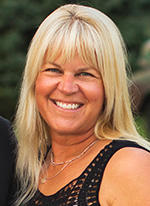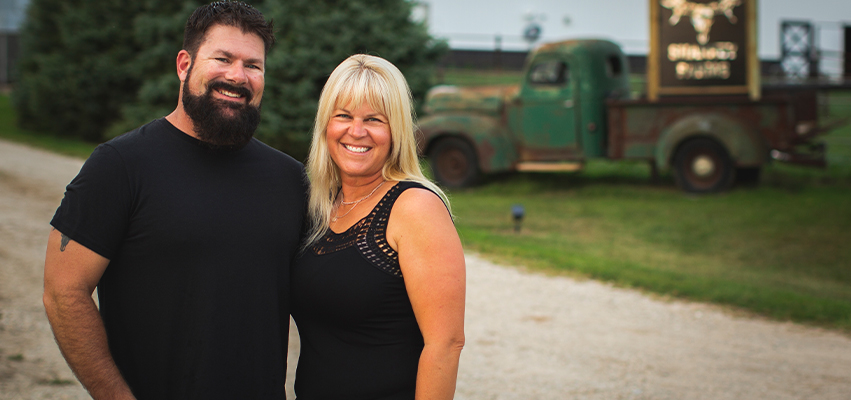I try to be a “glass half full” kind of girl.
When I look back over the past couple of years and the challenges we have had as a society during the pandemic, I choose to glean a few huge wins: one, for those in agriculture with an entrepreneurial spirit who grew their small businesses during a difficult time; and two, for the consumers who gained so much knowledge about where their food comes from.
When consumers experienced bare shelves at the grocery store for perhaps the first time in their life, it caused unease and, in some cases, great fear. It made them ask the question, “What will I do if the supply chain continues to be interrupted and I can’t leave with a cart full of groceries for my family?”
As hard as that was in the moment, it was actually a good thing because it made people ask questions. Where does my food come from? Is there another way to become more self-sufficient? Can I cut out the middle guy and make more choices for myself and my family?
With struggle comes growth. For many, finding answers led them on a mission, of sorts: to find more local, small businesses to meet their needs.
My husband Rob and I have the pleasure of talking to people not only in Illinois but all over the nation on a daily basis with our show “A Shot of Ag” on WTVP and our daily SharkFarmer Sirius XM Show on channel 147. The overriding theme this year has been that people want to be more connected with their food.
Almost weekly, we have guests talk about choosing to sell their products directly to the public from their farms. This need for answers has allowed farmers to invite people who have never set foot on a farm to learn about what goes into raising the products that have for so long been taken for granted and just picked up at the grocery store.
Those visitors have been able to look a farmer in the eyes and ask questions about what the animal was fed and how it was cared for. They have been able to express their appreciation directly for all the work that goes into raising safe, affordable food in this country.
Meanwhile, the process of selling direct has allowed farmers to sell their products at a fair or even premium price and earn the money they deserve for all their hard work. In the past, due to fluctuations in the market, farmers have struggled to even break even. We saw that firsthand with our dairy farmers when milk prices hit all-time lows.
Most importantly, consumers got a story to tell when they serve a meal to friends and family. They can say they visited this fantastic local farm just outside of town. They can talk about the goats they did yoga with – yes, goat yoga is a thing. They can share tales of the chickens they fed, or the bottle of wine they picked that was made from grapes grown right here in Illinois.
It has been a joy to talk to beef producers who have set up a little farm store on their properties to sell hamburgers and steaks to their neighbors and even ship their meat all over the country. I have never seen so many people seek out their local beef farmer and stock their freezers full of meat. For the first time, kids realized that hamburger doesn’t come from a room in the back of the grocery store. It’s raised on a farm, sometimes right near their neighborhood.
It’s fun to hear from poultry farmers. Did you know there is such a thing as an egg vending machine? Our friend Tiffany from Wise Acre Farm in Windsor, California raises thousands of chickens each year and has a vending machine that allows people to stop and get fresh eggs of every color and size 24 hours a day. Oh, and while you’re there, you can see firsthand how she rotates her chicken houses around to different pastures throughout her property.
We have the privilege of chatting with beekeepers like local Luke Harvey from Riverview Road Apiary in Chillicothe, where he invites people to learn about the health benefits of buying local honey, about how to start their own hives, about how to respect and enjoy bees.
We met Barry Fisher, a lamb farmer from Ellisville, who appeared on our show to talk about raising lambs and finding a niche market. We chatted with farmer and cheesemaker Ken Ropp from Ropp Jersey Cheese out of Normal about how he joined with other farmers to deliver their products to various locations during the pandemic. The list goes on and on.
They say every cloud has a silver lining. Many farmers learned just that during COVID.





